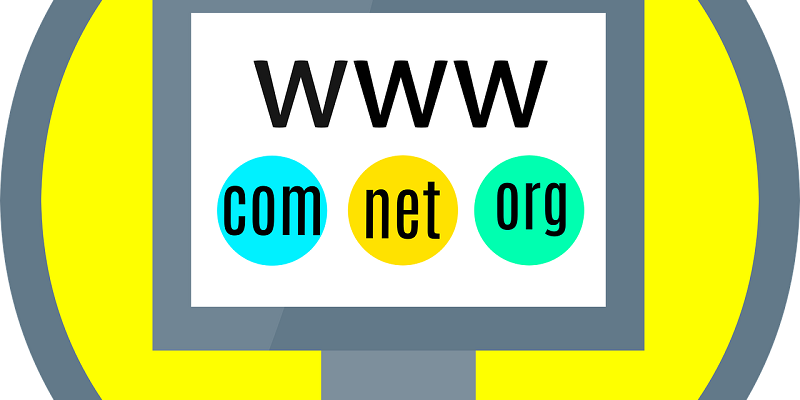In the fast-paced digital world, having a reliable web hosting service is crucial for any business or individual wanting to establish an online presence. One popular offering that has gained traction over the years is the “unlimited hosting package.” It sounds enticing, promising boundless storage, unlimited bandwidth, and no restrictions. However, the truth is far more nuanced. In this post, we’ll delve into what “unlimited” really means in web hosting, why it’s not truly unlimited, and what you should consider when choosing a hosting package.
The Allure of Unlimited Hosting
The term “unlimited” in web hosting packages can be incredibly appealing. After all, who wouldn’t want a plan that promises no restrictions? It often grabs the attention of small business owners, bloggers, and new website creators looking for a straightforward, hassle-free solution.
The Fine Print.
However, much like the enticing offers you see in advertisements, these “unlimited” packages come with conditions—often hidden in the fine print. Most reputable hosting companies impose restrictions designed to prevent misuse. Here are some critical areas where limits exist:
1. Fair Usage Policy: Many hosting providers implement a fair usage policy on their so-called unlimited plans. This means that while you may have “unlimited” storage, it is only unlimited up to a certain threshold. If your usage exceeds what is considered “reasonable” or exceeds server capacity, you may be subjected to additional fees, throttling, or even account suspension.
2. Shared Hosting Limitations: Most unlimited plans fall under shared hosting. This means that multiple websites are hosted on the same server. Your website shares the server’s resources (like CPU, RAM, and bandwidth) with other sites. If one website on that server experiences a surge in traffic or resource usage, it can directly impact the performance of your site, potentially leading to slower loading times or downtime.
3. Bandwidth Restrictions: While the marketing may suggest that you have unlimited bandwidth, it is often tied to the amount of CPU and RAM your plan allows. Exceeding these resource limits can lead to throttling, where your site speeds are significantly reduced. High traffic spikes could even lead to temporary account suspension until the traffic normalizes.
4. Restrictions on File Types and Usage: Some hosts may restrict certain types of files or usage scenarios that can consume excessive resources, such as video streaming or file storage that goes beyond standard website content. Engaging in these activities could lead to policy violations, requiring you to adjust your hosting plan or seek a different provider.
5. Terms of Service: Always read the Terms of Service (ToS) associated with your hosting package. Many limitations on “unlimited” plans are outlined in these documents, which can include excess fees for additional storage, bandwidth overages, or even restrictions against certain types of websites.

What Should You Do before you go for “Unlimited Hosting Plan”?
Understanding the limitations of these unlimited packages is essential for making an informed decision. Here are some steps you can take:
1. Evaluate Your Needs: Before choosing a hosting package, assess your website’s traffic, content, and resource requirements. If you anticipate rapid growth or heavy resource usage, consider a plan that is tailored to your specific needs.
2. Look for VPS or Dedicated Hosting: If you expect high traffic or require more resources, consider Virtual Private Server (VPS) or dedicated hosting. These plans offer guaranteed resources without the shared environment of typical unlimited packages.
3. Research Hosting Providers: Look for hosting providers with transparent pricing models and that offer clear information about their terms and policies. Customer reviews can also provide valuable insights into the actual performance and restrictions of hosting services.
4. Ask Questions: Don’t hesitate to reach out to customer support with any questions regarding resource limits, service guarantees, and potential overage charges. A reputable provider will be happy to clarify.
Therefore, while the allure of unlimited hosting packages is undeniable, it’s crucial to remember that such offers often come with strings attached. By educating yourself about the true nature of these services, you can make a more informed decision that aligns with your website’s needs and future growth. After all, the foundation of a successful online presence is not just about quantity, but quality, reliability, and support. Choose wisely, and your website will thrive on a stable hosting platform tailored to your needs.




